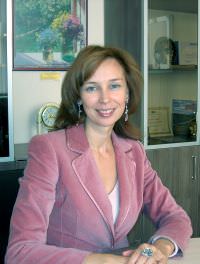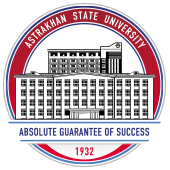Faculty of Social Communications
Faculty of Social Communications

Baeva, Lyudmila Vladimirovna
D.Sc. in Philosophy, Full Professor – Dean
How many academic hours are provided to study a foreign language? What foreign languages can students of the Faculty of Social Communications study?
A foreign language is studied 8 academic hours a week. As for the bachelor specialization “International Relations”, there are 16 hours of learning foreign languages a week (including 8 hours of English and 8 hours of another language for each student to choose themselves). As for students covering the specialization “World Artistic Culture”, they may choose a foreign language since their 2nd year of studies on an optional basis.
What do classes usually start and finish?
Our students usually have 2 to 3 classes 1.5 hours each a day. As a rule, classes start at 08.00 a.m. and finish at 01.00 p.m. Sometimes classes start at 09.40 or 11.30 a.m.
Do your students study 5 or 6 days a week?
Our 1st-year-students study 6 days a week; their senior peers usually study 5 days, if they choose an extra specialty (a free day is available for them to cover it).
What vacations do your students have?
They have two-week winter vacations (late January – early February) and two-month summer vacations (in July and in August).
Where do your students cover a practical training program?
Our future specialists in Political Science and in international relations are trained at various institutions of Astrakhan Region: at legal authorities (for example, the Regional Ministry of International & Foreign Economic Relations). Our future sociologists go to consultancy forms and to large companies, where sociological surveys are carried out, to the Regional Ministry of Culture, to the Gazprom Dobycha Astrakhan LLC (our main regional gas-recovering enterprise), to the LUKOIL LLC (our key oil-recovering enterprise), to top cellular communication operators, to the Civil Registration Office, and so on. As for our future specialists in culture, they are sent to cover practical training programs at secondary schools (as pedagogical training), at institutions of culture, at ministries, museums, art galleries, theaters, as well as at tourism agencies (the most interesting training is museum training in Saint-Petersburg).


